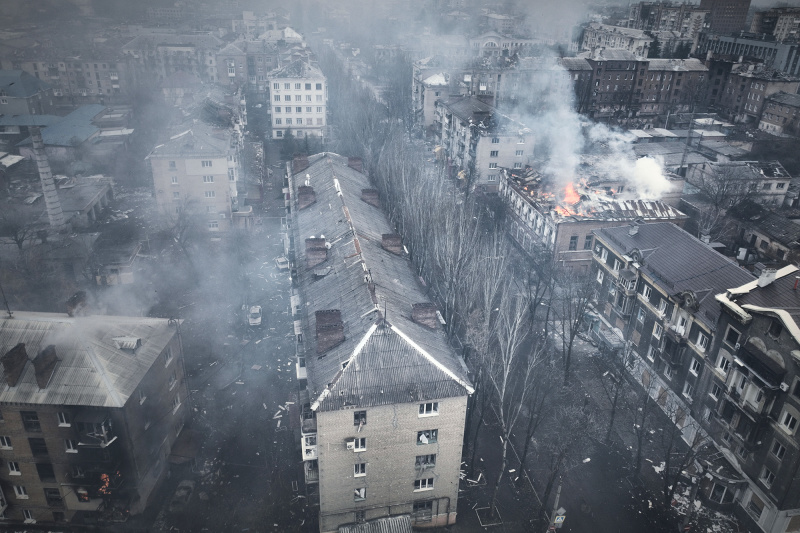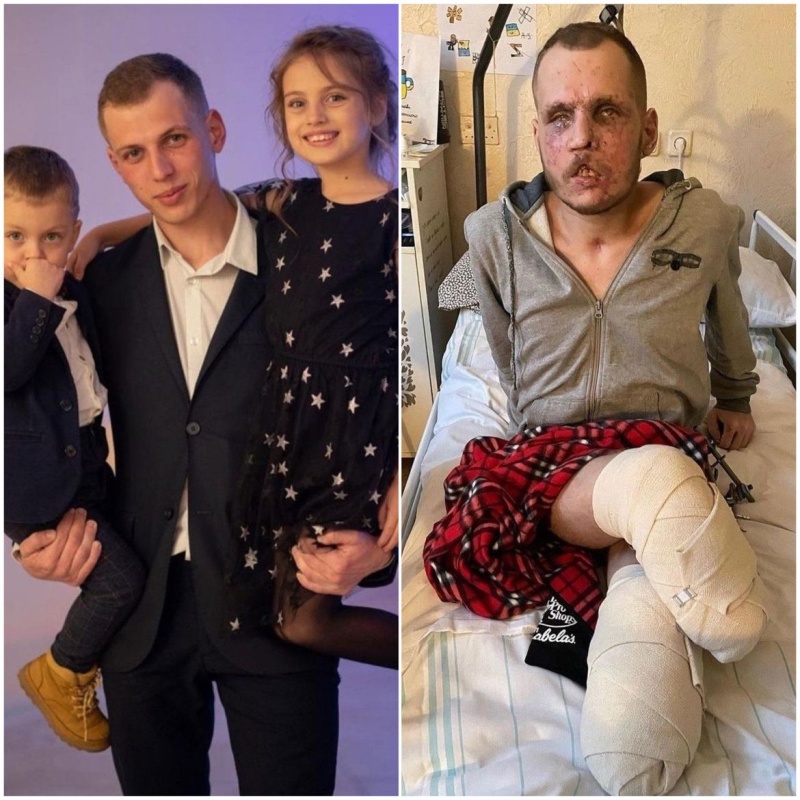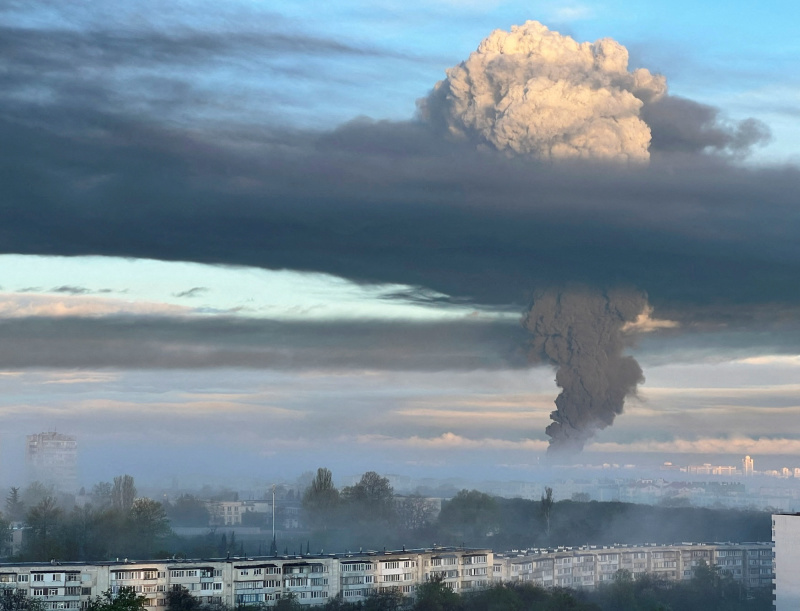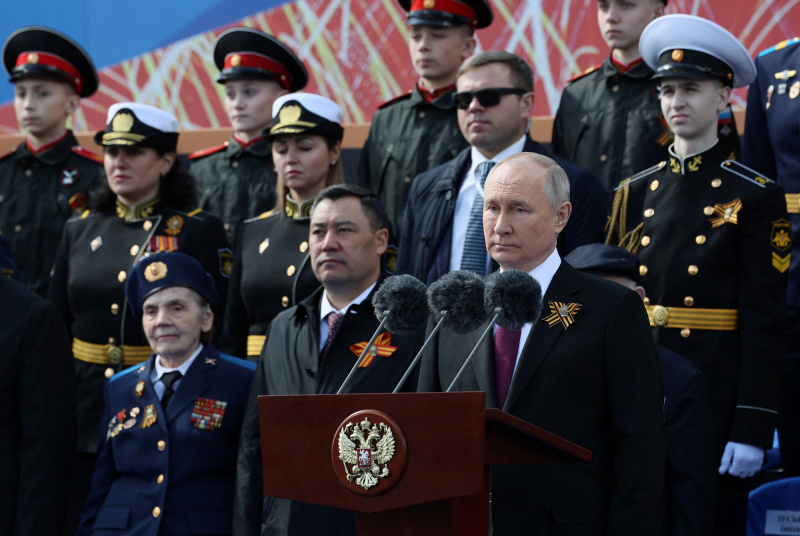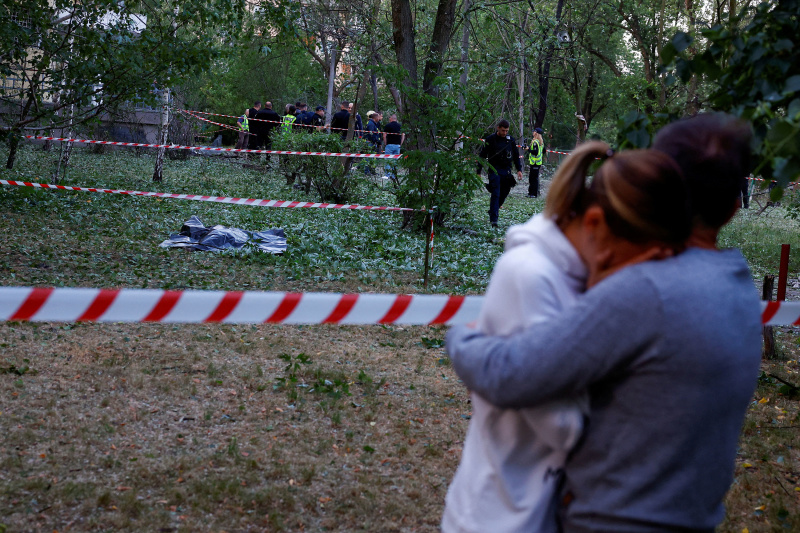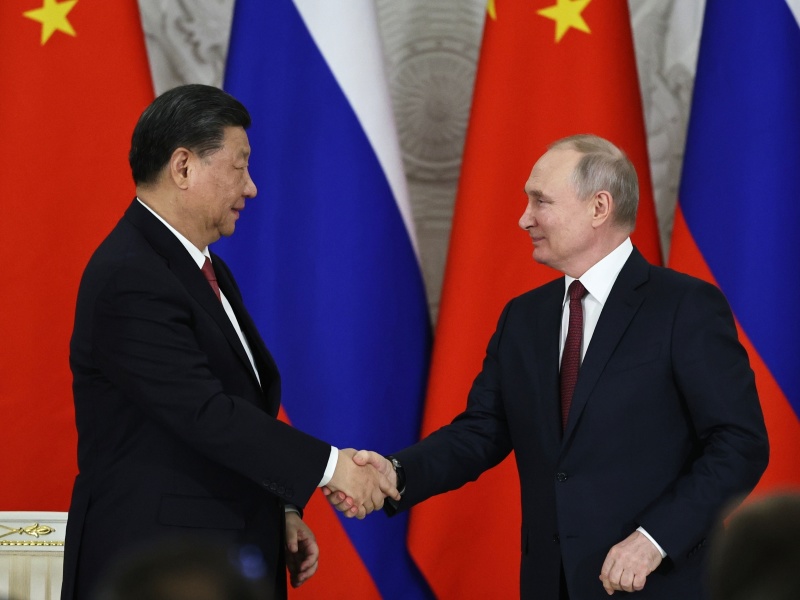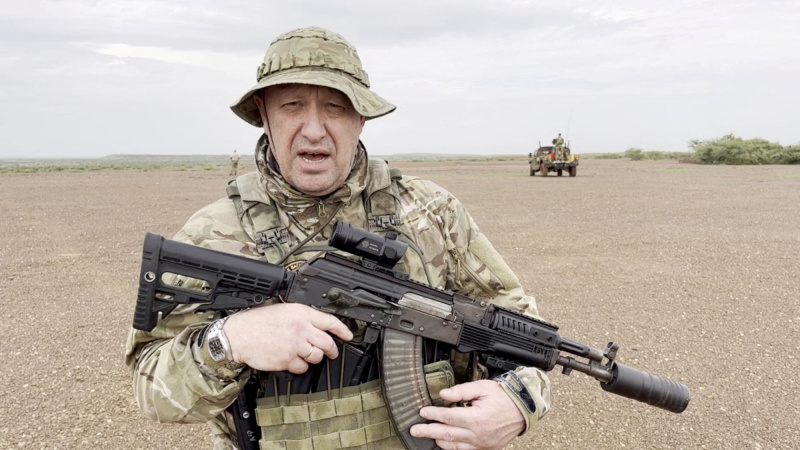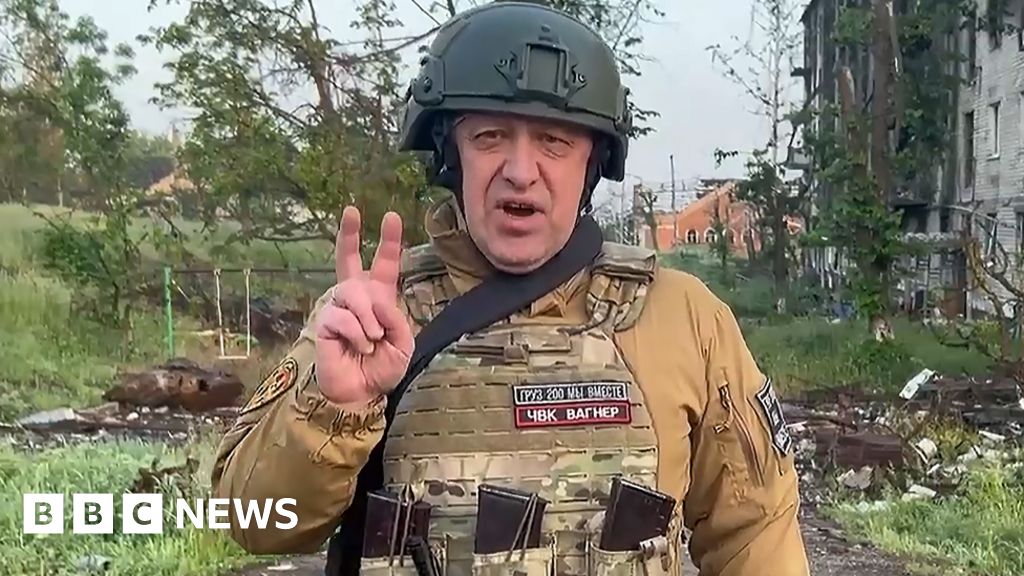- Joined
- Oct 7, 2008
- Messages
- 62,573
- Location
- Bulgaria

Yevgeny Prigozhin, the head of Russia’s mercenary Wagner group, has written to Russia’s defence minister, Sergei Shoigu, to warn that the Ukrainian army is planning an imminent offensive aimed at cutting off his forces from the main body of Russian troops in eastern Ukraine. In the letter published by his press service today, Prigozhin said the “large-scale attack” was planned for late March or the start of April. Separately, Prigozhin also intensified his attack on Shoigu, calling the minister’s son-in-law a “scumbag blogger”.




